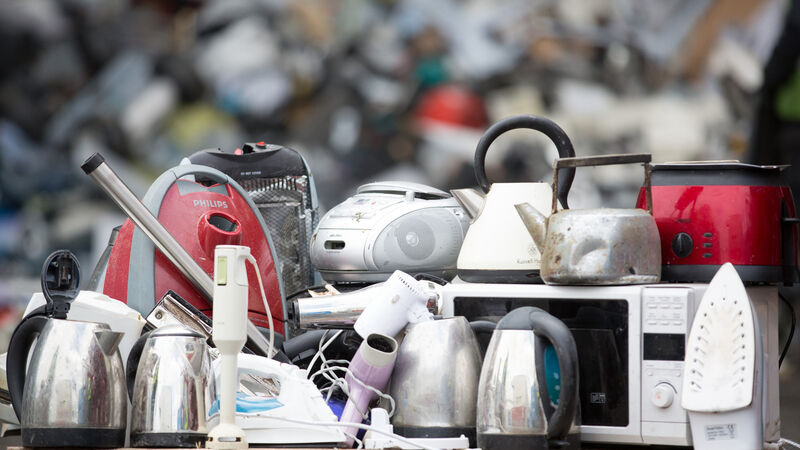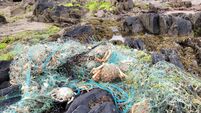Ireland breaks new record for recycling electrical and electronic waste

The annual Waste Electrical and Electronic Equipment (WEEE) report shows that 18.1m electric and electronic appliances were collected for recycling in Ireland in 2023. Picture: Naoise Culhane/PA
Irish consumers recycled a record-breaking 41,730 tonnes of electronic and electrical waste in 2023, the equivalent of 200 40-foot containers more than the previous year.
The annual Waste Electrical and Electronic Equipment (WEEE) report shows that 18.1mn appliances were collected for recycling here.













